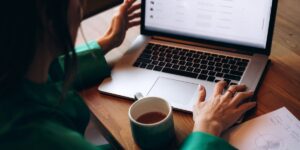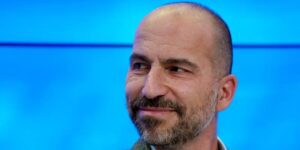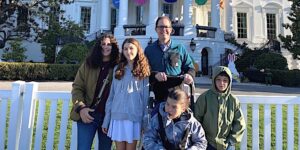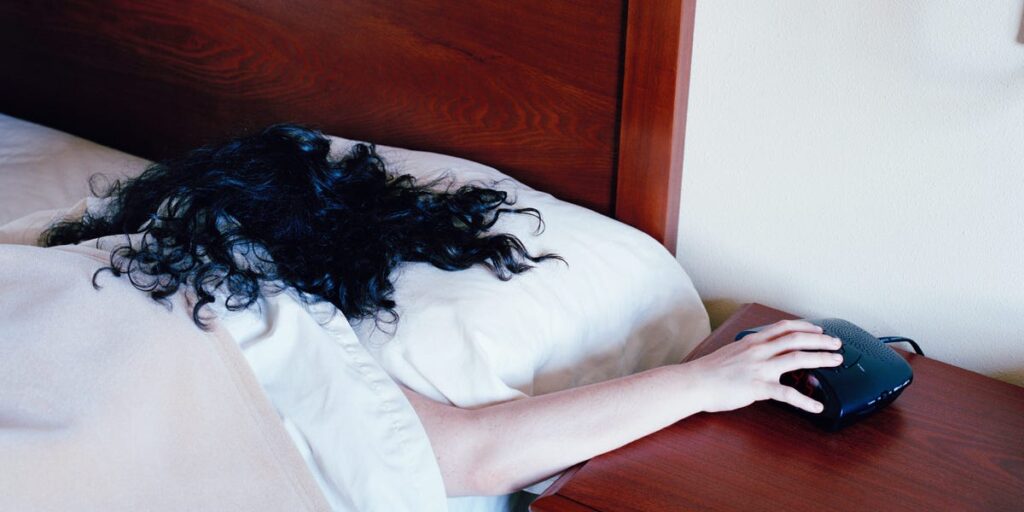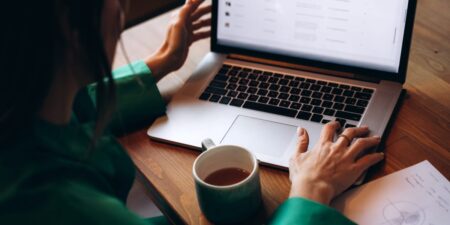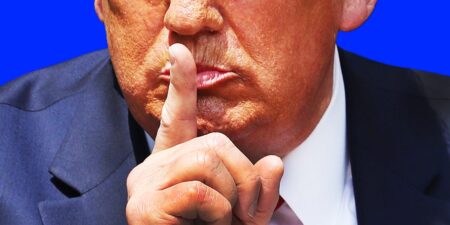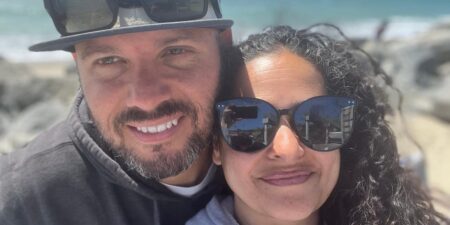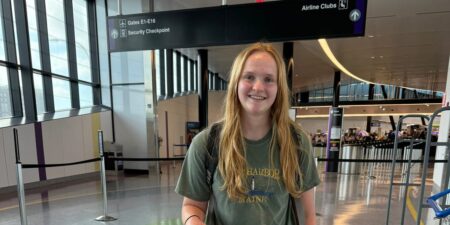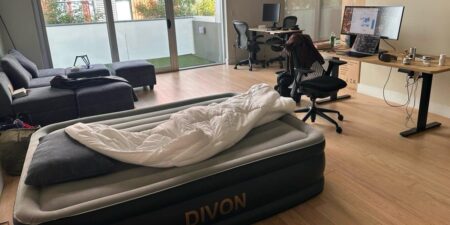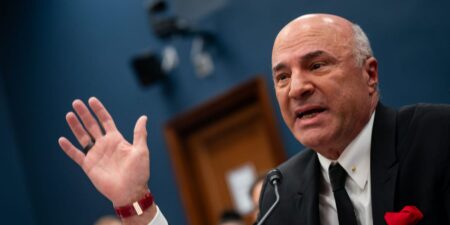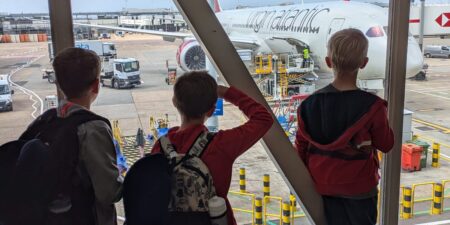Life without an alarm clock might seem indulgent, but I would like to challenge that notion.
I have rarely used an alarm clock in the last eight years, and I’d argue that it takes time and energy, and even discipline and dedication, to throw away your alarm clock and train your brain to wake up when you need it to.
I recognize that not everyone has the flexibility to live this way, but sleep scientists I’ve spoken to tend to not only approve of my alarm-clock-free lifestyle, but some of them also practice some version of it themselves.
Sunlight wakes me up
It only took me a few weeks of “free sleeping” to train my brain to wake up consistently at a consistent time, typically around 9 a.m., without buzzing or beeping. The sun is my biggest helper.
Each morning, as sunlight streams through my bedroom skylight, I wake up slowly, walk outside with a cup of green tea to feel the warmth of the sun on my face, and get a dose of daylight in my eyes before starting my workday in my home office. Harnessing the power of the sun, I would say, is my most important tool for adjusting my sleep-wake cycle. I spend at least 15 minutes soaking up some sunlight each morning.
During the day, I take breaks from work for what fellow science writer Lynne Peeples describes in her book “The Inner Clock,” as circadian snacks, small morsels of sun exposure sprinkled throughout the day. When it gets dark outside, I try to protect the darkness from artificial light, particularly blue light. All my devices are set to night mode, and the lights throughout my home are dimmed with smart bulbs that are programmed to emit only warm tones.
I learned how much sleep I need
When I told sleep researcher and neuroscientist Rebecca Spencer, Ph.D., about the excommunication of alarm clocks from my bedroom during a recent Zoom call, she smiled and said she thought it was great, with one caveat. She suggests some guardrails on the sleep window, particularly in the winter when there is limited light. “There are people who could create some bad habits by ‘free sleeping’ in the extreme,” Spencer, who oversees a sleep lab at the University of Massachusetts, Amherst, said. If you oversleep one night, for instance, the next night you could face reduced “sleep pressure” and insomnia.
While I admit that in the beginning days of my own free sleeping, I did occasionally succumb to this, once I learned about my natural rhythms, I discovered exactly how much sleep I needed optimally and was able to regulate my schedule. Now, I have achieved a solid and consistent 9-hour sleep window that is the same every night, give or take 30 to 45 minutes.
It was my own work that led me to life without an alarm clock
My journey to an alarm-clock-free lifestyle began when I had the strange fortune of getting a job as a journalist covering the science and innovation of sleep. From my apartment in the foothills of the Berkshire mountains in western Massachusetts, I reported my first article on jet lag.
I soon realized that jet lag can happen even when you aren’t traveling, in a phenomenon called “social jet lag.” It was a reality that I was living. The life of a journalist had left me perpetually jet-lagged, working late nights and weekends as a newspaper reporter. The sleep deprivation that I had built up over the years didn’t go away overnight.
While still sleep-deprived, I interviewed some of the world’s most prominent sleep experts. I marveled at the impact of light on circadian health.
I learned that each organ in our bodies, each cell even, has its own biological rhythm, working in harmony like a tiny timepiece orchestra to keep all our biological functions running smoothly. The liver, the skin, and the lungs all have their own inner biological rhythms.
Feeling emboldened by my newfound appreciation for sleep, I experienced a personal circadian renaissance and decided to run an experiment: I ditched my alarm clock (or rather, silenced my phone and left it in another room).
My magazine job came with a flexible schedule and coworkers in a time zone three hours behind mine in California, so I decided to try a “free sleeping” lifestyle.
I gave myself a buffer zone in the morning with no meetings or interviews scheduled until 11 a.m. Then, I paid close attention to my sleep. At first, I slept too much, what Spencer calls “sleeping luxuriously.”
Soon, however, in the absence of my alarm, I discovered my natural need for sleep. Spencer tells me that our sleep need, the duration of sleep that we need, is genetically predetermined. When I got rid of my alarm, I felt my best sleeping for about nine hours.
I had more energy and lost weight
While I already knew that I had night owl tendencies, I was able to use sunlight to shift my days a little earlier by getting sun at the beginning of the day.
Within weeks, my newfound relationship with sleep brought a boost in energy. I was finally more alert. I had the energy to practice yoga daily, shedding nearly 20 pounds. My mind sharpened and my skin glowed as I was finally able to get the sleep my body craved. Sleep, it turns out, is powerful medicine. All the while, life felt a little lighter.
A lot of people give up before they can lock onto their circadian rhythms and sleep-wake signaling. Truly, I think people need to challenge themselves more to try to get this really consistent light-dark schedule because it totally works.
Read the full article here


